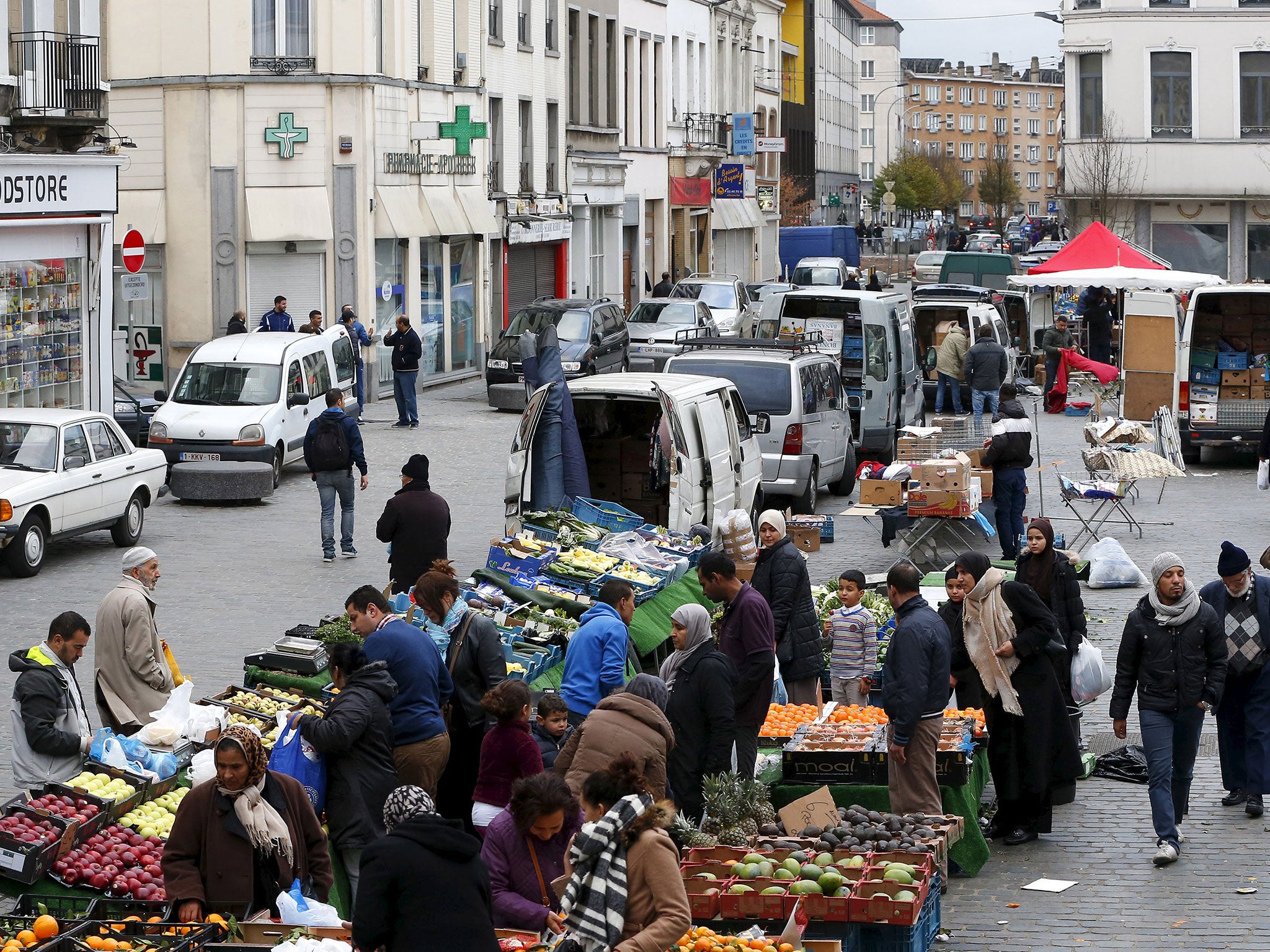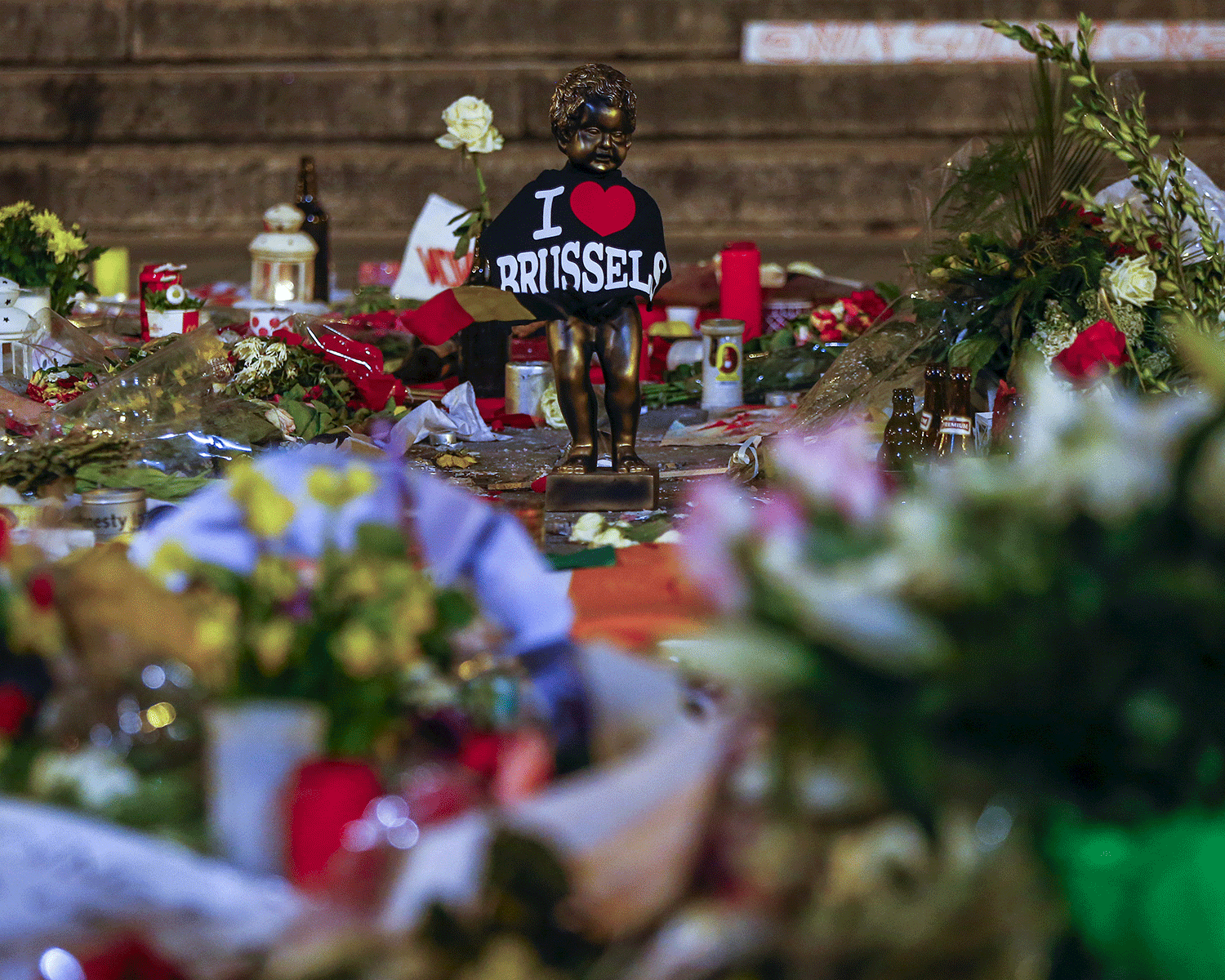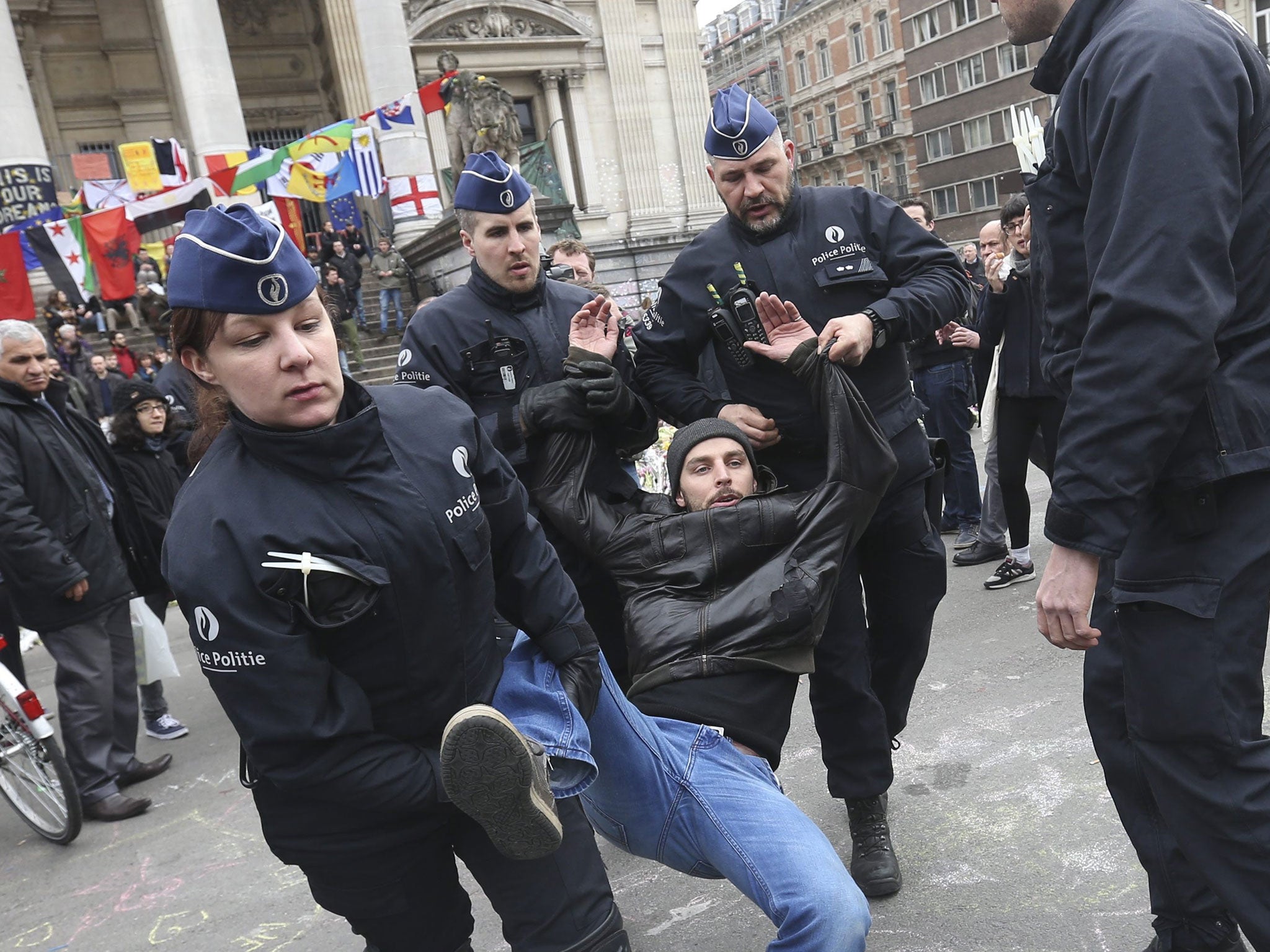Belgium to force non-EU migrants to sign pledge to uphold 'European values' as integration concerns continue
The proposal, which is expected to become law later this year, does not apply to asylum seekers

Migrants from outside the EU will be made to sign a statement accepting “European values” under a new law in Belgium.
The proposal is expected to be passed into law over the coming months as the government responds to accusations it allowed Molenbeek to become a “hotbed of terrorism” ahead of the Paris and Brussels attacks.
Belgium's secretary of state for asylum and migration, Theo Francken, drafted the plan for what is being termed a “newcomers’ statement”.

People moving to the country for more than three months would have to sign pledges including a promise to prevent and report any attempts to commit “acts of terrorism”.
The statement would not apply to asylum seekers and students, a spokesperson said.
Laurent Mutambayi, a spokesperson for Mr Francken, told the Thomson Reuters Foundation: “Many people are coming from countries with other values.
"If they want to build their life here in Europe (we have) no problem with that but they have to sign this statement that they accept our values.”
Those who are not deemed to be integrating sufficiently will not be allowed to stay in the country, he added.

Integration has become a topic of fierce debate in Belgium and elsewhere as investigations into Isis attacks expose links between domestic and international networks.
Officials said Isis exploited the refugee crisis that saw more than a million people enter Europe last year to send its militants back from Syria, prompting calls for increased security and background checks.
But one of the Belgian organisations working with asylum seekers criticised the proposal, saying it was discriminatory and would fuel prejudice.
"It's an extra tool for the immigration office to keep some people out of Belgium,” said Didier Vanderslycke from ORBIT.
"The integration process can start when you have the residence and not when you sign a document that you will integrate. It's really a bad thing as a welcome (for) people.”

He argued that making would-be residents sign a declaration accepting gay rights or equality between men and women suggested that these values were not held by immigrants, and would deepen prejudice against them.
Several countries have introduced examinations loosely termed “citizenship tests” as part of immigration controls.
The UK, US, Australia, Canada, Netherlands and Germany are among those using examinations at various stages of residence and naturalisation processes. Belgium has no such requirement.
Tensions remain high in the country, with police shutting down both left and right-wing protests in Brussels on Saturday.
Dozens of people were arrested as a far-right group defied a ban on rallying in Molenbeek and counter-demonstrators gathered outside the city’s stock exchange.
Additional reporting by the Thompson Reuters Foundation
Join our commenting forum
Join thought-provoking conversations, follow other Independent readers and see their replies
Comments
Bookmark popover
Removed from bookmarks